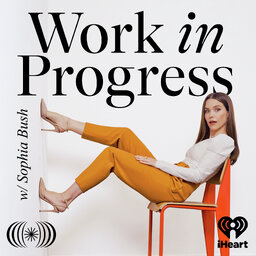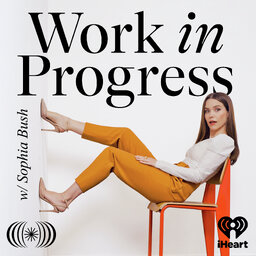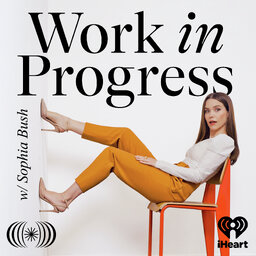Connie Britton is an award-winning actress who’s known for fighting not just for the integrity of the women she plays on screen, but also for the rights and empowerment of women around the world. Connie joins Sophia on the podcast today to talk about knowing when a choice feels right even when it’s scary, her role in Friday Night Lights and how this contributed to people valuing the female voice more, her number one rule when it comes to the characters she plays, and so much more!
Executive Producers: Sophia Bush & Rabbit Grin Productions
Associate Producer: Samantha Skelton & Mica Sangiacomo
Editor: Josh Windisch
Artwork by the Hoodzpah Sisters
This show is brought to you by Brilliant Anatomy
 Work in Progress with Sophia Bush
Work in Progress with Sophia Bush


